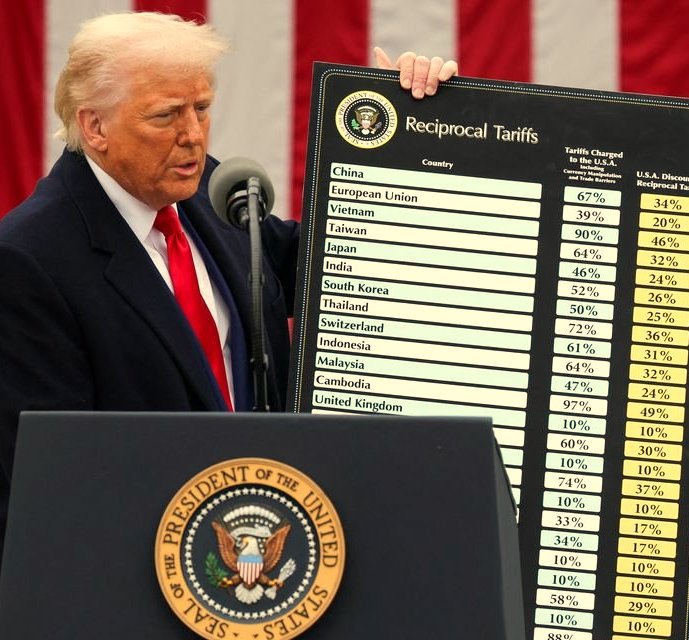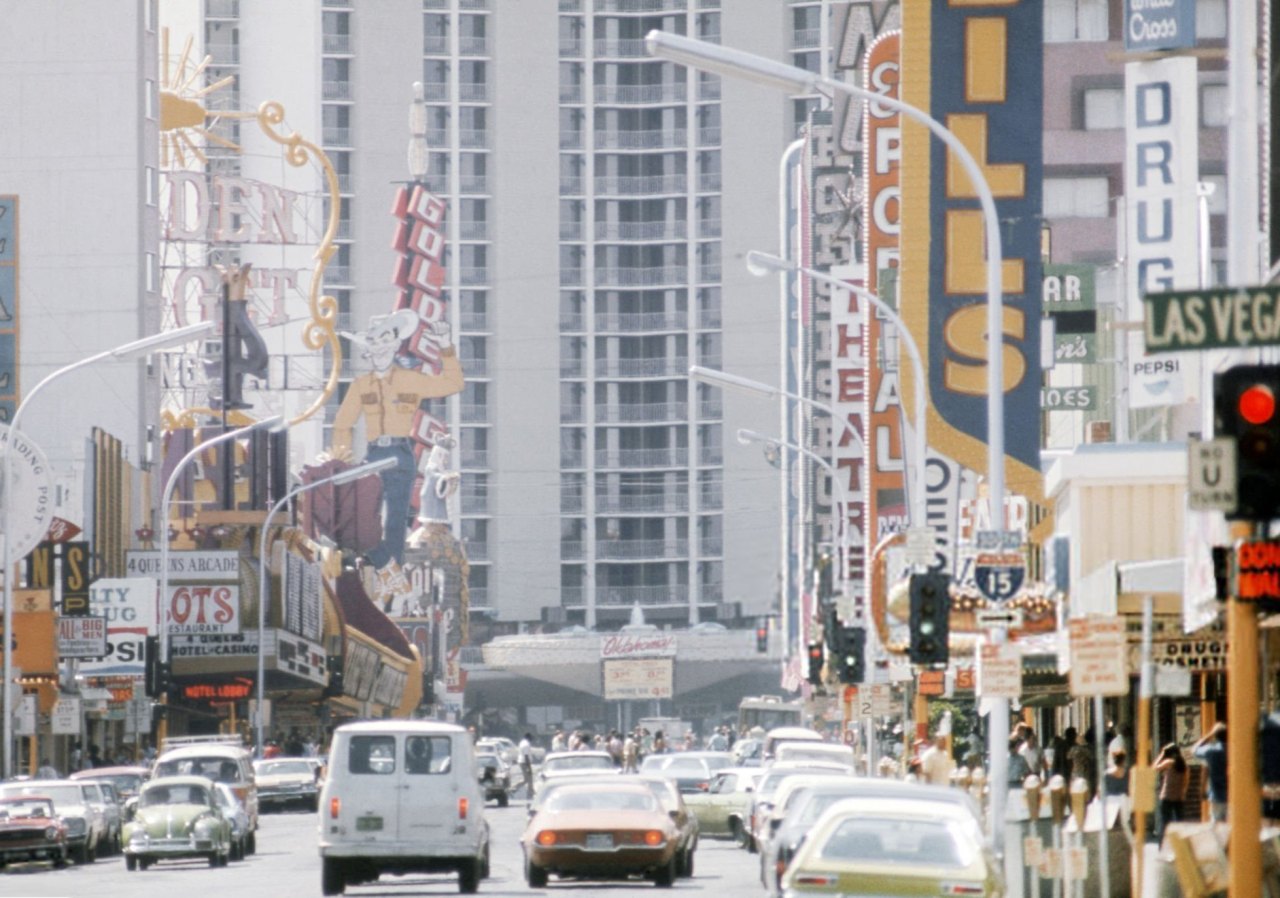 This column is not about politics, but it is about gambling. And on occasion, it’s slugged as ‘Winners and Losers.’ All of that makes Donald Trump, at this moment, a worthy subject.
This column is not about politics, but it is about gambling. And on occasion, it’s slugged as ‘Winners and Losers.’ All of that makes Donald Trump, at this moment, a worthy subject.
As noted in the New York Times, he “bet the farm” on the American economy and has shown “an appetite for risk” during his second term as president.
Unfortunately, being an American myself, I see him pushing all in on my country’s international standing and my (along with everyone else’s) stock portfolio. I feel like we’re going for broke – whether we like it or not – and trying to get lucky.
All this said, playing for high stakes would be slightly more palatable if he happened to be one of the American presidents who had an acuity for gambling.
Harry Truman, Franklin D. Roosevelt, and Richard Nixon were all top-notch poker players. While Nixon did morally questionable things as a president, he’s said to have played poker with a killer instinct.
Trump, on the other hand, owned three casinos in Atlantic City before gambling was legal all over America and when an AC casino license was a money-printing machine. Yet somehow, he managed to screw up it up. All three casinos went bankrupt.
That does not make Trump the kind of person I want to trust with anything of value. Yet he’s gambling like a kid who lucked into winning the World Series of Poker and has brought all his money to Bobby’s Room in the Bellagio, so he can ante up with the biggest sharks in town and play loosey-goosey poker.
This kind of thing has happened plenty of times in the past. Typically, the big tournament winner leaves Bobby’s Room a loser.
Tariff-tipsy Trump is now mixing it up it up in a global game and ignoring opinions from the smartest economists in the land while he bluffs, bets, and parries his way into life-altering pots against the world. Good luck to all of us.
I’m no stranger to Trump’s bluffing and bluster. This was back before his goofy reality-TV show The Apprentice – when Wall Street was booming, Spy magazine had dubbed him a “short-fingered vulgarian,” and Trump was considered a bit of a joke by New York hipsters.
I was sent by a publication called Smart Money to interview the guy about his investment strategies. I entered his gilded and gaudy office, and Trump immediately began bluffing.
His first words to me: “I’m on the cover, right?”
I told him that the magazine does not put people on the cover. It was the personal finance magazine for the Wall Street Journal. I explained that they put mutual funds on the cover.
Trump didn’t like that. He turned into a recalcitrant interview subject, overplayed his hand at every turn, and I wound up leaving his office without a story. Knowing that the guy was germ phobic, I stuck out my hand and he must have felt obligated to shake it.
He got nothing out of our meet-up, and I’m writing about him here. So, you can argue that, eventually, I won that encounter. Then again, he is a wild card of an American president. So, who knows?
More immediate gratification came when I card counted in his Atlantic City casinos. I won more than I lost, always felt personally good about it, and snagged some sweet comps. The joints were a few steps below Borgata so they tended to be extra generous.
But all good things end. For me, it unraveled in the middle of a heroic run in Trump Marina’s high-limit room. (Trump Marina was originally named Trump’s Castle. Today it’s the Golden Nuggget.)
Early on, a host came over and asked what he could do for me. I requested cigars and dinner at DJ’s Steakhouse (yes, it was really called that; the ribeye was decent). He took care of both.
But a couple shoes later, someone else appeared and proved less accommodating. He tapped me on the shoulder and said I could no longer play blackjack there. Oh well, it happens.
I cashed out at the cage, left with a bag of pretty good cigars, and took a pal for the steak dinner that did not get un-comped.
At the time, I never could have imagined that my financial future would be in the hands of DJ, the showy joker whose name was on Trump Marina’s glitzy sign. Now, I wish he was still operating as a casino boss with less-than-stellar operations that over-compensate and could never be the top spots in town.
 Michael Kaplan is a journalist based in New York City. He is the author of five books (“The Advantage Players” out soon) and has worked for publications that include Wired, GQ and the New York Post. He has written extensively on technology, gambling, and business — with a particular interest in spots where all three intersect. His article on Kelly “Baccarat Machine” Sun and Phil Ivey is currently in development as a feature film.
Michael Kaplan is a journalist based in New York City. He is the author of five books (“The Advantage Players” out soon) and has worked for publications that include Wired, GQ and the New York Post. He has written extensively on technology, gambling, and business — with a particular interest in spots where all three intersect. His article on Kelly “Baccarat Machine” Sun and Phil Ivey is currently in development as a feature film.


